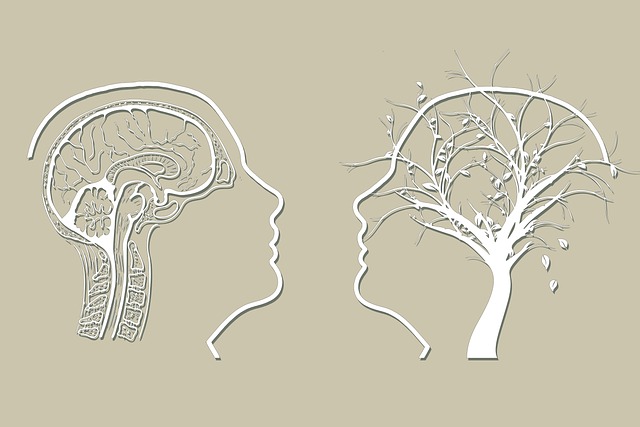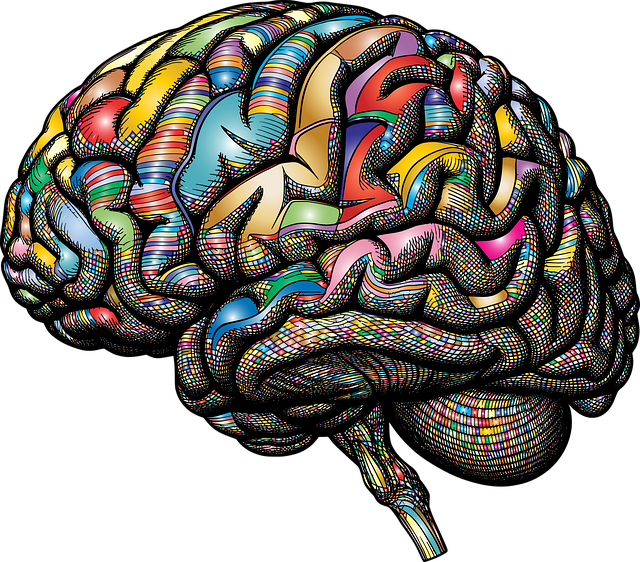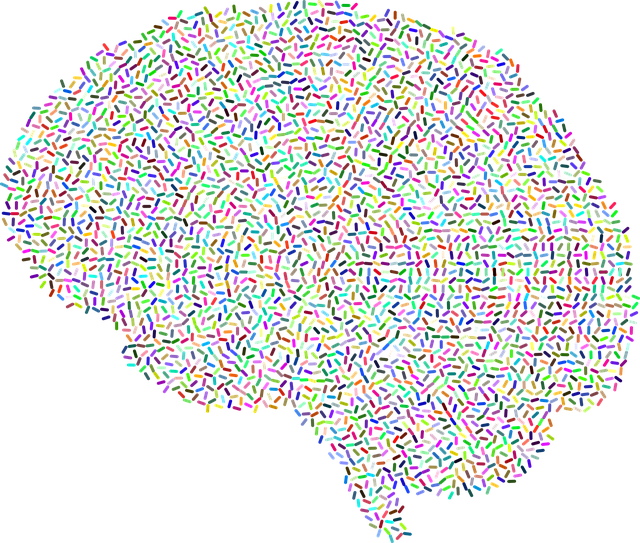Lakewood Trauma Therapy leverages innovative evaluation methods, combining qualitative client feedback with quantitative data tracking, to assess the effectiveness of its mental wellness programs. Using SMART KPIs, they measure reductions in anxiety symptoms and improvements in positive thinking alongside broader community impacts like stigma reduction. Continuous improvement strategies based on evaluations, including customized interventions and adapted exercises, ensure the program remains relevant and effective for diverse mental health needs.
Mental wellness programs are essential components of modern healthcare, and proper evaluation methods are crucial for measuring their effectiveness. This article explores robust evaluation techniques employed by Lakewood Trauma Therapy, highlighting their unique approach to assessing impact. We delve into key performance indicators (KPIs) to define success and discuss strategies for continuous improvement based on evaluation data. By examining these methods, mental health professionals can enhance the overall wellness of their clients through evidence-based practices.
- Assessing the Impact: Lakewood Trauma Therapy's Evaluation Techniques
- Measuring Success: Key Performance Indicators for Mental Wellness Programs
- Enhancing Effectiveness: Continuous Improvement Strategies Based on Evaluations
Assessing the Impact: Lakewood Trauma Therapy's Evaluation Techniques

Lakewood Trauma Therapy employs innovative evaluation methods to assess the impact and effectiveness of its mental wellness programs. These techniques go beyond traditional metrics, delving into the intricate details of clients’ journeys. By utilizing a multi-faceted approach, the therapy center captures the nuances of healing and recovery. This includes qualitative assessments like client feedback sessions, where individuals share their experiences, offering valuable insights into the program’s reach and influence.
Additionally, Lakewood Trauma Therapy leverages quantitative data through surveys and progress tracking to measure key indicators such as reduced symptoms of anxiety and enhanced positive thinking. By combining these methods, they can accurately evaluate not just individual success stories but also the broader impact on the community, contributing to the development of effective public awareness campaigns around mental health issues.
Measuring Success: Key Performance Indicators for Mental Wellness Programs

Measuring success is a critical aspect of evaluating any wellness program, including those focused on mental health. When it comes to Lakewood Trauma Therapy and similar initiatives, assessing impact goes beyond simple satisfaction surveys. Key Performance Indicators (KPIs) should be specific, measurable, achievable, relevant, and time-bound (SMART). These KPIs can range from reductions in symptoms of anxiety or depression to increased participation in public awareness campaigns like Depression Prevention initiatives. For instance, tracking the number of individuals who complete a Mindfulness Meditation program and report improved stress management skills provides tangible data on program effectiveness.
Additionally, evaluating mental wellness programs should consider broader societal impacts, such as reduced stigma around mental health issues and enhanced community resilience. By setting clear KPIs, organizations like Lakewood Trauma Therapy can ensure their efforts align with measurable outcomes, fostering continuous improvement and a deeper understanding of what works best in promoting mental wellness within the community.
Enhancing Effectiveness: Continuous Improvement Strategies Based on Evaluations

Evaluations play a pivotal role in enhancing the effectiveness of mental wellness programs, especially those offering Lakewood Trauma Therapy. By systematically assessing the program’s impact, therapists and designers can identify areas for improvement and tailor interventions to better support participants’ mental health journeys. Continuous improvement strategies are paramount; they ensure that the program stays relevant and effective in meeting evolving needs.
For instance, emotional regulation techniques emerging from evaluation data can inform the design of Mental Health Education Programs. Similarly, insights gained from participant feedback on Mental Wellness Journaling Exercises can be used to refine guidance, making it more engaging and impactful. This iterative process fosters a dynamic program that adapts to individual needs, ultimately promoting mental wellness in a more comprehensive and successful manner.
Lakewood Trauma Therapy’s evaluation techniques, as discussed, offer a comprehensive approach to assessing mental wellness program impact. By utilizing these methods, organizations can accurately measure success through key performance indicators and continuously improve their programs based on these insights. This data-driven strategy ensures that resources are allocated effectively, benefiting individuals seeking support for their mental health and well-being.














